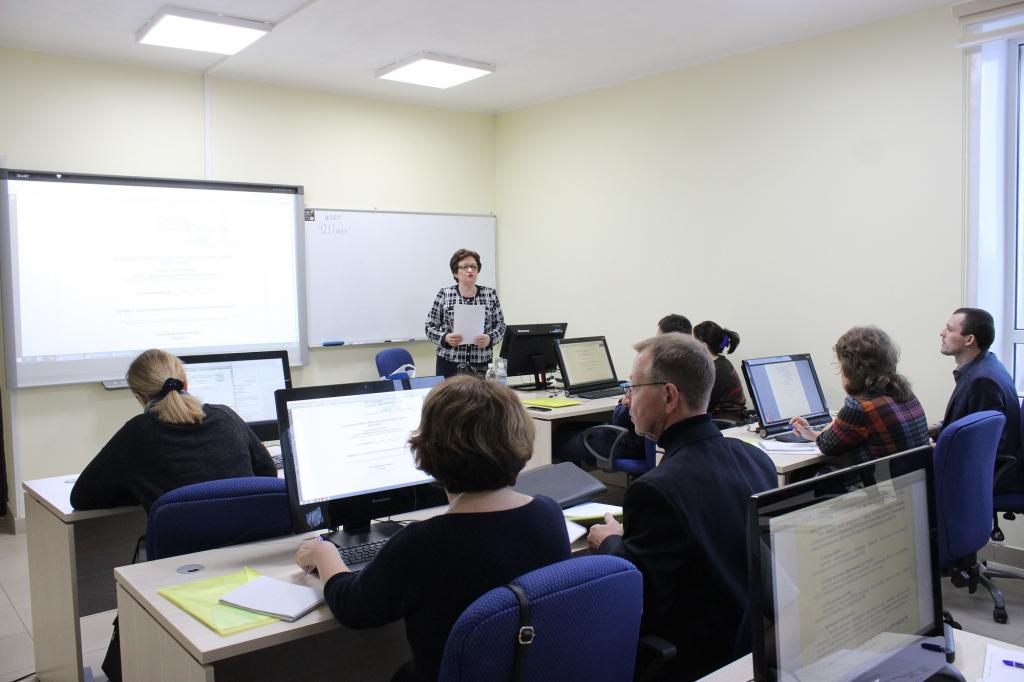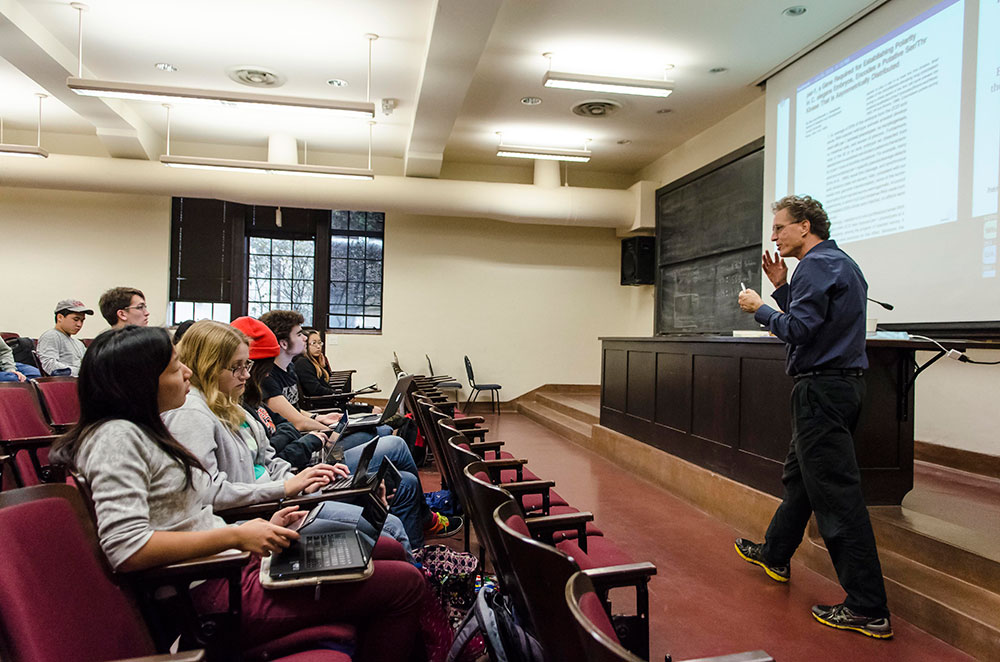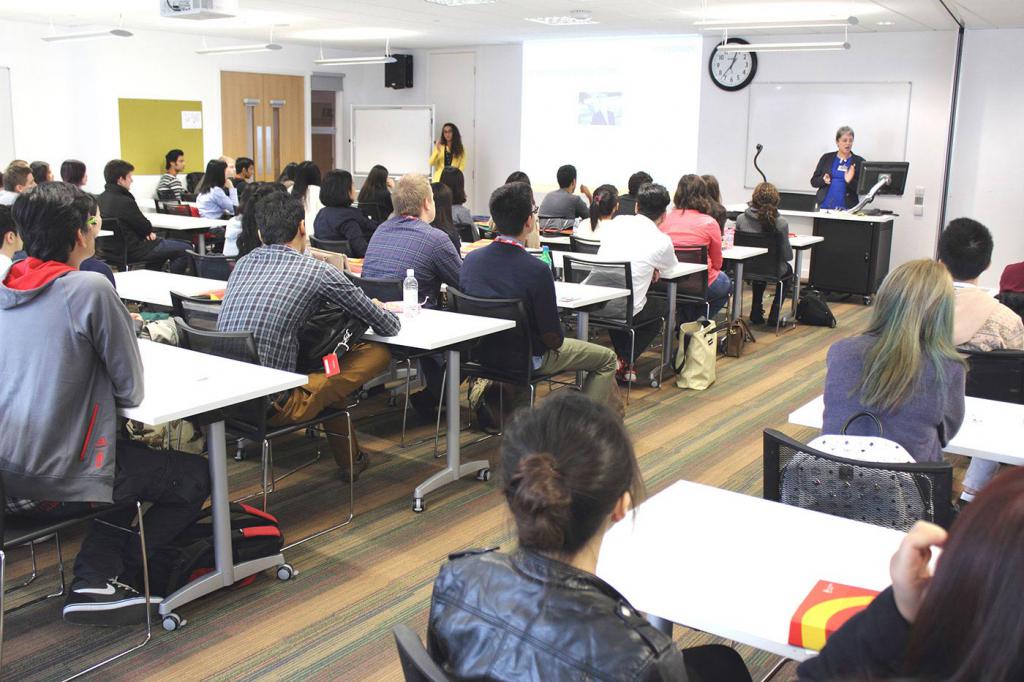What is state accreditation? In general, this word came to us from Latin. Literally, it means "building trust." To date, accreditation has gained the importance of checking for compliance with generally accepted standards and confirming a certain status. Particularly important is accreditation at the state level, in particular among educational institutions. A similar procedure is regulated by law.

General features of accreditation
The legal framework regarding state accreditation of the educational sector is often supplemented, and some adjustments are made to it. This phenomenon is explained by the fact that the control and supervisory functions are improved over time and the development of the state system.
Such changes are aimed at optimizing the services provided in the educational field. Certification and accreditation of scientific organizations and educational institutions began in 2010.
Changes to the legislation suggest that certification and accreditation in the educational field will be carried out regardless of the type and type of organization. The same regulations, however, provide some exceptions. These checks do not apply to preschool educational institutions and the sphere of additional children's education. Other structures conducting training in accordance with the standards of the Federal State Educational Standard, federal or legislative requirements are required to conduct appropriate procedures.

Important nuance
There is an important nuance associated with the accreditation of state institutions, which include a unit that implements a preschool educational program. The question is whether the institution should follow the conformity assessment procedure. According to current standards, this structure is accredited, but does not include the above programs. It should be noted that the implementation of such programs requires special permission. This is a license that gives the right to carry out activities for preschool educational programs. Organizations supporting supplementary education programs also fall into this category, namely, houses of children's creativity, sports schools, etc. State accreditation of educational activities is also not carried out for them.
Accreditation fee
Federal law established a state fee to be paid as a fee for accrediting educational institutions. This duty has become a substitute for payment provided for by agreements with organizations providing information and methodological services. The amount of duty is regulated by tax legislation. That is, it turns out that the state accreditation of educational programs from a legal point of view is carried out free of charge, as it is included in a number of services provided at the expense of budget funds.

The state sets the following duty rates:
- Higher professional educational institutions - 130 thousand rubles, as well as 70 thousand for each additional direction within the organization and its branches, which must be included in the accreditation certificate.
- Institutions implementing additional professional education programs - 120 thousand rubles.
- Secondary vocational education institutions - 50 thousand rubles.
- Primary vocational education institutions - 40 thousand rubles.
- Other types of educational institutions - 10 thousand rubles.
- Change of status and registration of a new certificate will cost up to 70 thousand rubles.
In other cases, for example, for issuing a temporary license, you will have to pay 2 thousand rubles. While the payment of accreditation has been replaced by a fixed fee to the state budget, the institution has the right to enter into agreements with third parties to provide services for preparing for accreditation.
Accreditation Nuances
State accreditation is a rather complicated and lengthy process. The requirements include increased attention to educational programs. This applies primarily to institutions of primary, secondary and higher professional education. The license for these categories is not issued for specific programs, but for extended areas established by the regulatory body. Such a policy makes it possible to supplement or make changes to projects without notifying authorized structures. These changes are provided for by the issued license.
The Law "On Education" provides for state accreditation in institutions where there are students studying or completing studies under certain programs in the current year. Moreover, accreditation is carried out in stages.

Self-examination and examination
Accreditation involves an independent assessment by an educational institution of its own activities. Previously, the self-assessment procedure was carried out mainly in higher educational institutions. The rules for self-assessment are approved by the executive authority at the federal level. He is also developing an educational strategy.
Accreditation and issuance of a license require certain procedures aimed at identifying the conformity of the GEF curriculum. Verification is also subject to the assimilation of graduates and students of these programs. In addition, an examination of the main indicators of the functioning of the university.

The list of indicators is approved at the state level. The criteria by which these indicators are evaluated and the type and type of institution are recorded are determined by the state accreditation body. It is very important. In the case of schools, for example, the regional department of education or the ministry is considered such a body. These indicators, of course, should be involved in the educational sphere, and the list of indicators must be agreed with the Ministry of Education and Science.
Required documents
The accreditation regulation provides for the procedure in several stages. At the initial stage, the head of the institution analyzes the activities of the educational institution and draws up a report on self-examination. Then, a package of documents and an application from the educational institution for accreditation under certain programs are sent to the authorized bodies. The list of required documents includes:
- Copies of the institution’s charter, program plans for which accreditation will be carried out, the main postgraduate program, as well as the regulations on departments and branches.
- Report based on self-examination.
State accreditation of organizations is expressed in special papers that are issued after an audit. Documents sent for verification must be described. All copies must be notarized. It is also necessary to enclose a receipt confirming the fact of payment of the state duty.

All of the above documents must be provided on paper. Their personal presentation or mailing is also allowed. It is possible to provide documents in electronic form. It should be borne in mind that in this option it is necessary to certify documents with an electronic signature.
Filing an application and making a decision
Accreditation of educational institutions is carried out with the appropriate treatment. In this case, the application should contain the following information:
- Full name, location and legal basis of the institution according to the charter.
- Addresses and full names of branches of the institution, if any.
- Data on the entry of the institution into a single register.
- TIN and other data confirming the registration of the institution with tax records.
- Data on previous accreditation.
- Type and type of educational institution.
- The list of programs that are applied for accreditation.
Not later than 7 days after receiving the application, the accreditation body sends the institution or gives the representative a notification that the documents submitted are under consideration. If the submitted documents do not comply with the established rules and the list, the institution is given two months to correct defects.

Accreditation
Accreditation is carried out in the format of several events, namely:
- Assessment of the quality of educational services provided and compliance of the presented programs with the requirements of the Federal State Educational Standard.
- Discussion of the results obtained during the audit.
- Making a decision on the extension or refusal to renew accreditation.
- Entering an institution in a special register.
- Issuance of a special certificate of state accreditation to an institution.
- Notification of executive bodies on the results of the audit in writing.
Indicators
As for the criteria and indicators by which accreditation is carried out, they are established by the organization, which conducts verification. Moreover, there are key indicators that are common for all accrediting bodies:
- Compliance of the presented plans with training programs.
- Regulatory support.
- Assessment of the quality of the educational process.
- Compliance with the standards of the organizational structure of the institution.
- The level at which the institution is provided with the necessary teaching materials.
- Opinions of students, employees and graduates about the learning process.
Now it is known that this is state accreditation.
